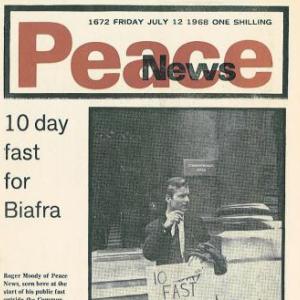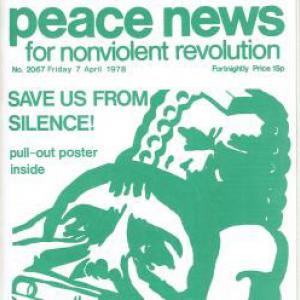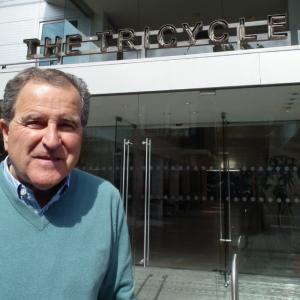Peace News had its origins in a pacifist study group convened by Humphrey Moore in Wood Green, London in 1936. Having completed their programme of studies they decided to engage in some form of practical action that would propagate the pacifist case to a wide audience. The publication of the first issue of Peace News on 6 June 1936 was the result, financed by donations from members of the study group and their friends.
The first issue had a print run of 5,000. Humphrey Moore was the…




